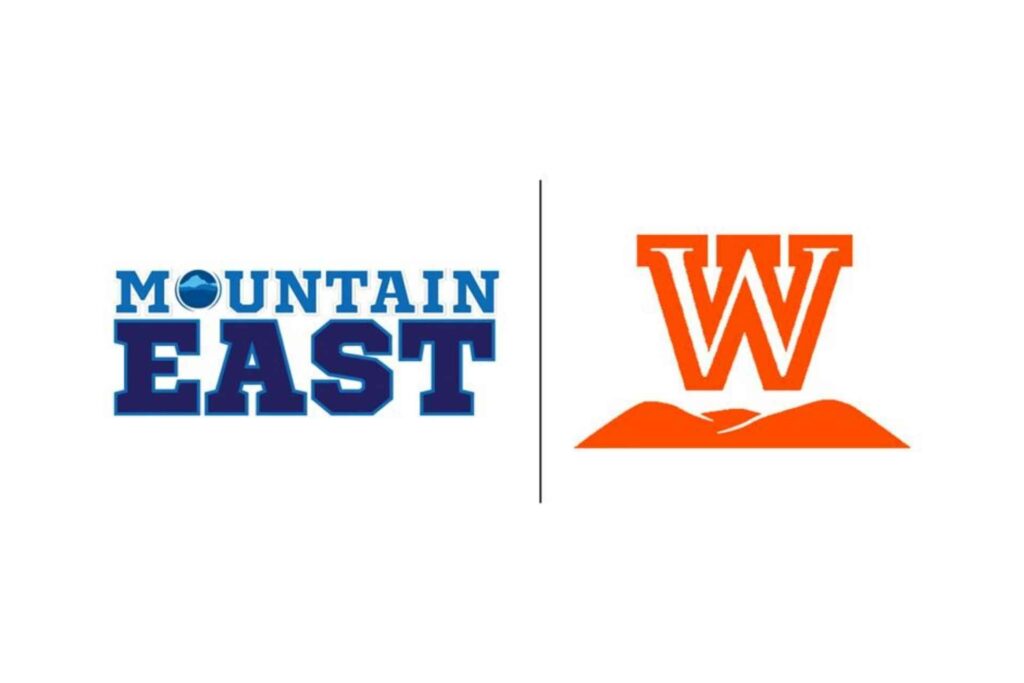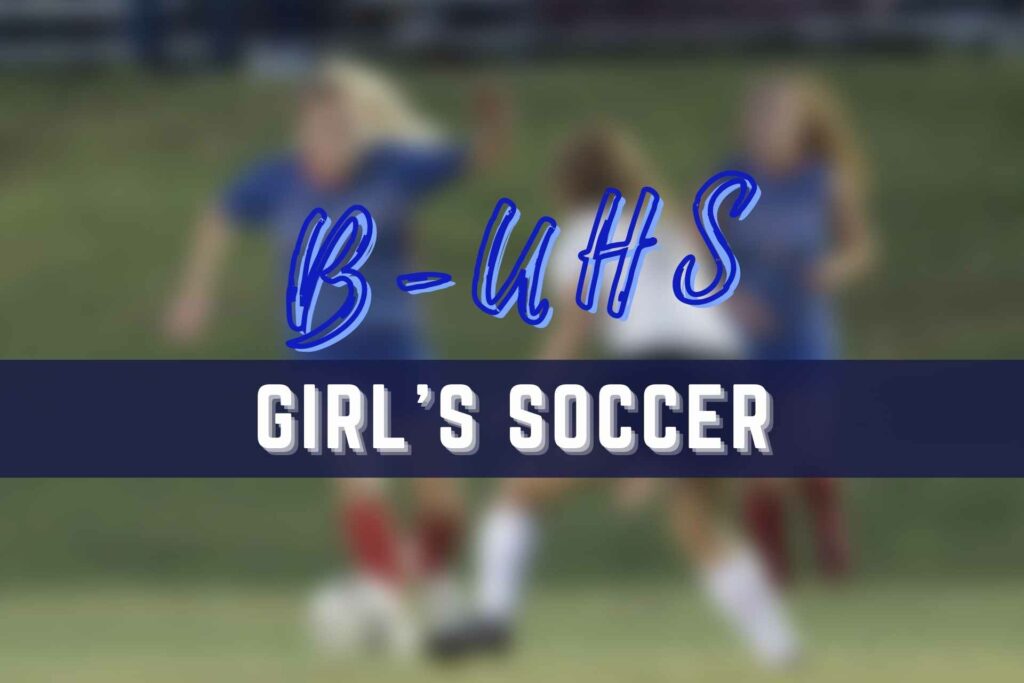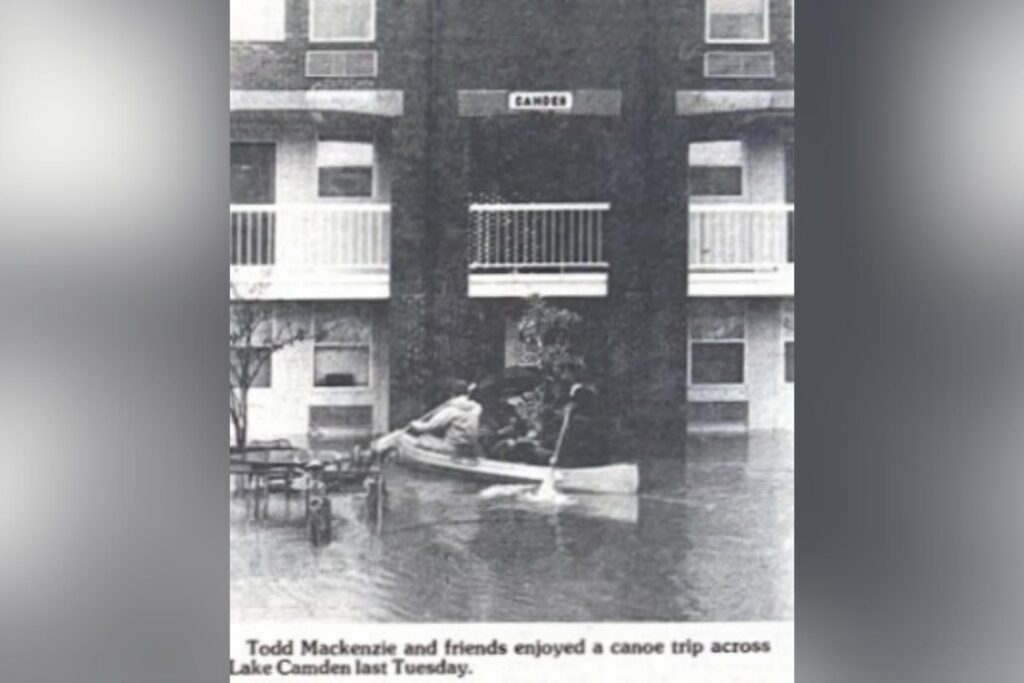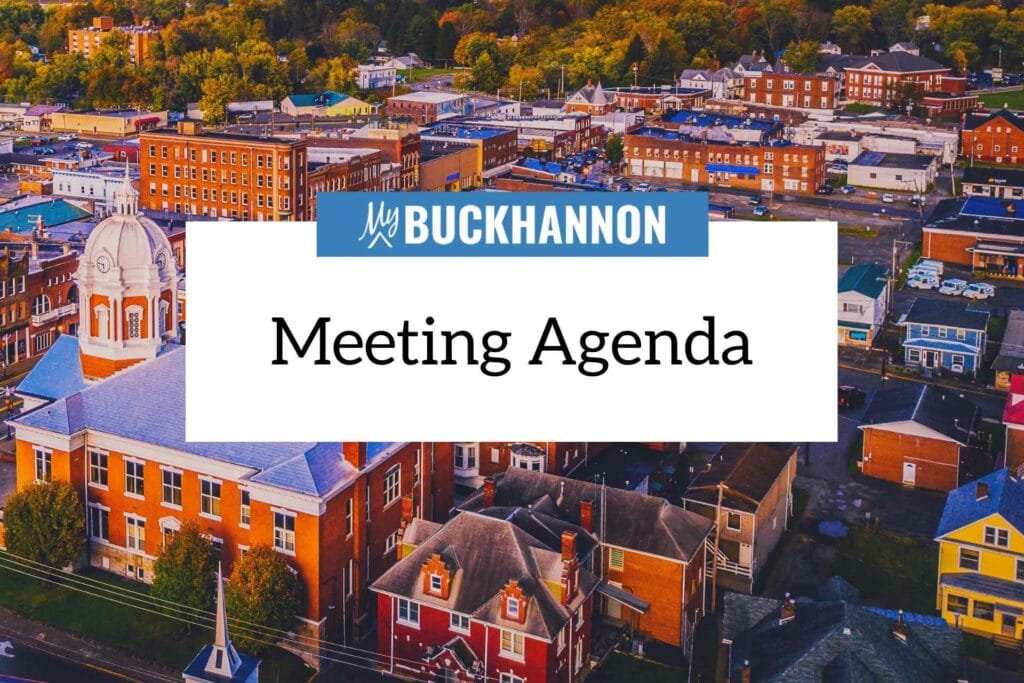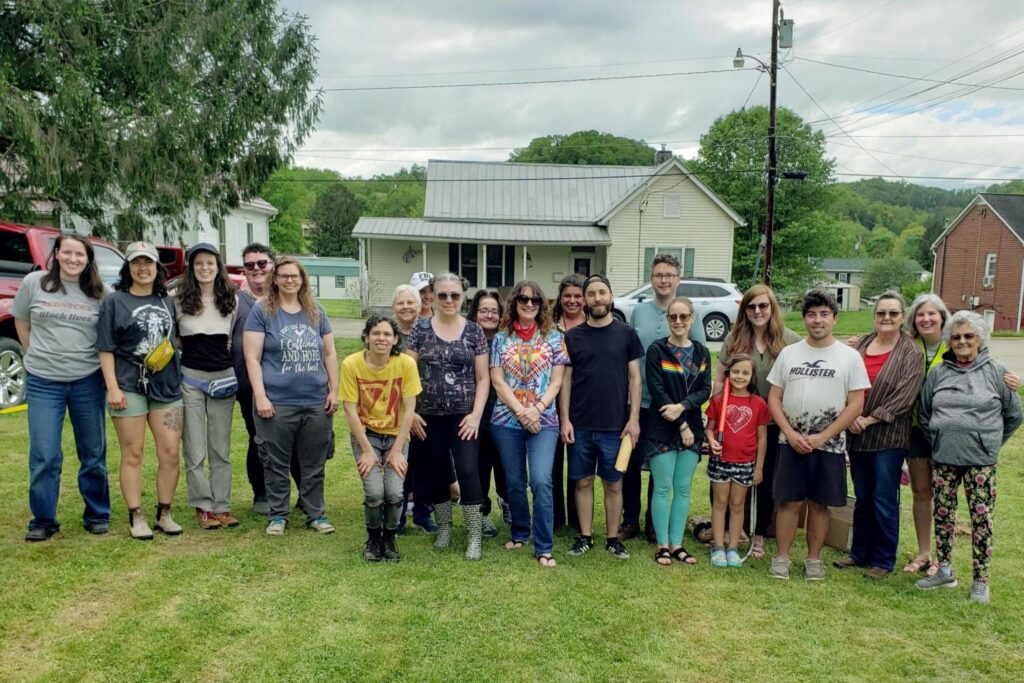BUCKHANNON – This week, Buckhannon City Council will consider an ordinance that would amend all city parking ordinances to include a provision enabling chronic parking violators’ vehicles to be ‘booted’ and/or towed in extreme cases.
At its most recent meeting Dec. 1, city attorney Tom O’Neill that following a meeting with the Buckhannon Police Department, city officials had concluded that an amending the city’s five parking ordinances to allow for the use of vehicle immobilization devices on vehicles whose drivers had accumulated an excessive number of unpaid parking tickets was the simplest, most straightforward approach.
The issue initially arose at a late August Consolidated Public Works Board meeting at the recommendation of City of Buckhannon Municipal Judge Helen Echard. Echard asked Consolidated board members to consider implementing a new ordinance that would give her the authority to issue more severe penalties to people who chronically fail to pay outstanding parking tickets.
Then, at its Oct. 18 meeting, council tabled the first reading of Ordinance 462, which would have allowed vehicle immobilization devices, also referred to as boots, saying they needed to have additional conversations with the Buckhannon Police Department’s leadership.
O’Neill said he had since consulted with Buckhannon Police Chief Matt Gregory and Lt. Doug Loudin.
“We held that meeting; various city stakeholders were involved in that, and the resolution that was reached was to propose to the council that we take a simpler approach and that instead of an all-new ordinance that would create a process by which the use of parking boots and towing would then be authorized, that we just amend our existing parking ordinances to act to mirror state code,” O’Neill reported.
The new ordinance, which will function as an amendment to all other parking ordinances, relies on Chapter 8, Article 12, Section 5 of the West Virginia Code, which asserts that “municipalities are granted plenary power and authority to regulate streets, avenues, roads, ways, sidewalks, crosswalks and public spaces belonging to the municipality and to regulate the conditions under which they may be [regulated] within the corporate limits.”
Council will consider the ordinance on first reading at its Dec. 15 meeting. A draft of it in council’s Dec. 1 meeting packet states, “The mayor, or his or her designee, including any authorized member of the Buckhannon Police Department, may enforce the provisions of the [city’s parking ordinances, 409, 422, 435, 447, 454] through the towing of the offending vehicle, including through the use of third-party towing services, or through other means including the use of vehicle immobilization devices (such as parking boots).”
It goes on to note, “The owner of the towed vehicle, and not the City of Buckhannon, shall be responsible for the payment of any towing or impoundment fees charged for the relocation of the violating motor vehicle.”
“It’s a much simpler approach in that it simply characterizes itself as an amendment of our existing parking ordinances to use ‘towing or other means including the use of a vehicle immobilization device’ to enforce our parking ordinances,” O’Neill explained. “That wasn’t clearly the case before [in other parking ordinances] … All it does is authorize the use of these means as an enforcement mechanism, and [say that] the existing process and procedures that already appear in our other parking ordinances will remain unchanged and in effect. This just adds one more tool to the toolbox that the parking enforcement officer and the city police can use to deal with the very, very few true problem cases that we have.”
O’Neill said one chronic parking violator who recently moved away had racked up more than $1,000 worth of unpaid parking tickets.
“She thumbed her nose at the whole process and didn’t respond to summonses, didn’t respond to municipal court orders, and it turns out she’s left town and moved elsewhere, so the city just is never going to see the money from those violations. This would give a little more teeth to the true problem cases.”



